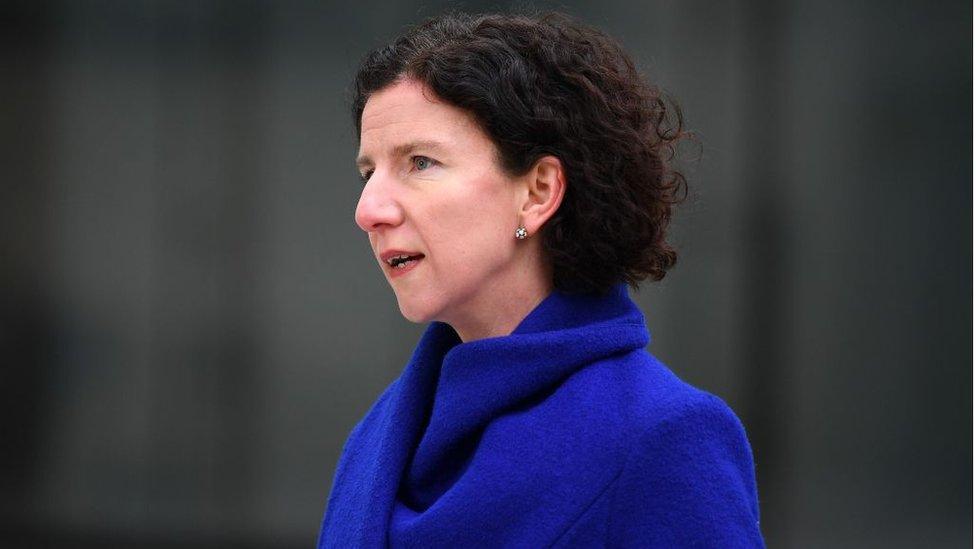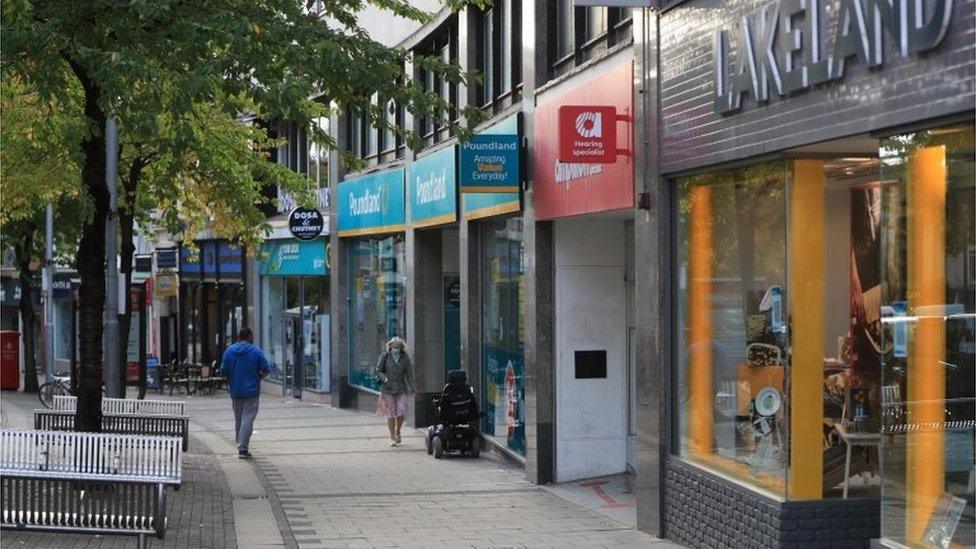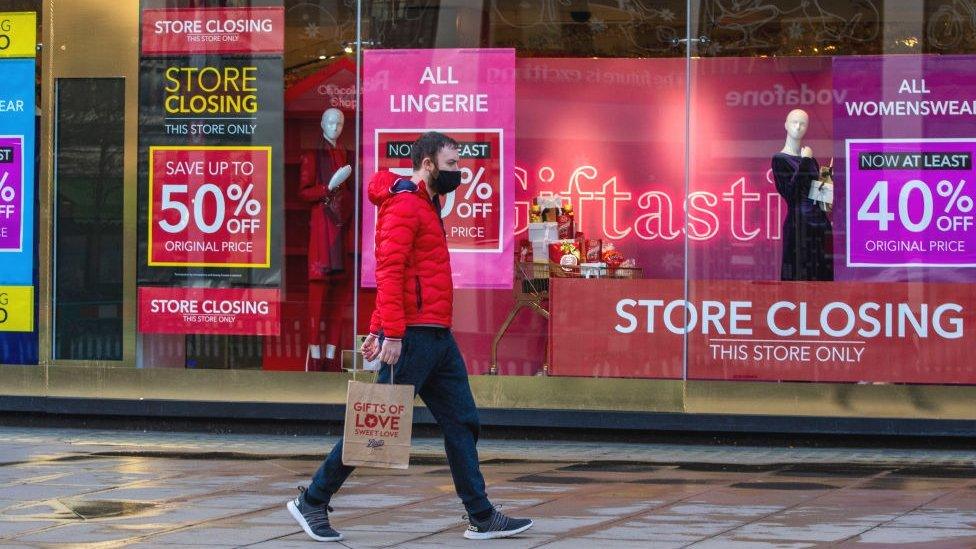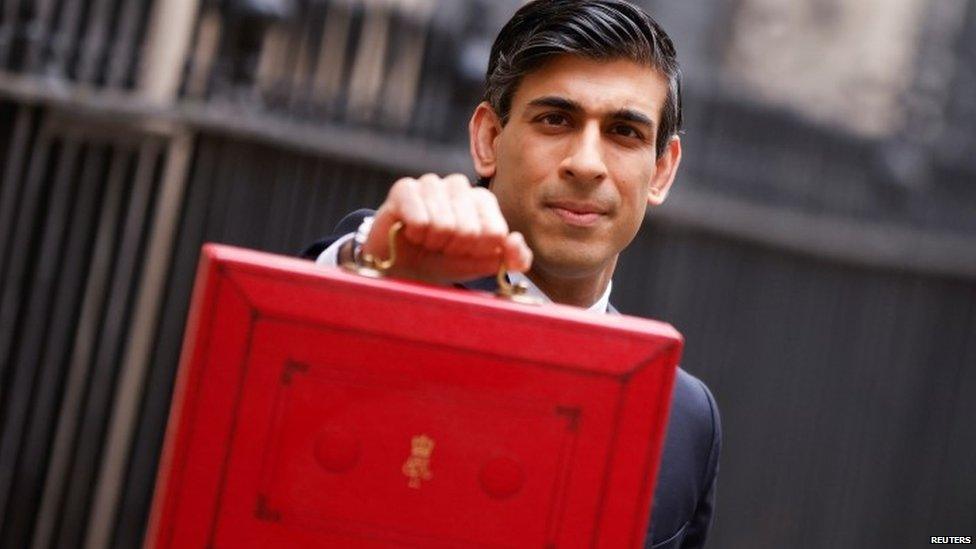Budget 2021: Chancellor should 'back off' tax rises, says Dodds
- Published

Ms Dodds urged Chancellor Rishi Sunak not to raise council tax
Shadow Chancellor Anneliese Dodds decided to offer her own Budget alternative on Monday, ahead of the real thing on Wednesday.
While she warned Chancellor Rishi Sunak to "back off" from immediate tax rises, the approach was notable for how close the objectives were to that of the government's.
Labour is definitively avoiding the idea that there should be a massive US-style stimulus plan, as is the government.
It is also backing immediate ongoing support in the crisis as the priority, as is the government, as well as an eventual return to sustainable public finances.
Neither have detailed new fiscal rules, self-imposed limits on borrowing that would constrain spending or lead to tax rises over the course of the next few years.
There is a difference on business tax rises.
To the surprise of some in the party, Labour has said it would not back rises in the rate of corporation tax.
The expectation is that some rises here are coming, perhaps deferred for a few years.
Ms Dodds told me: "The chancellor is focused on changing tax, putting an immediate tax rise now for families with council tax, but actually, what he should be focused on is securing that tax base, when people are losing a job."
When the greatly anticipated policy is finally revealed on Wednesday, the difference might be less than meets the eye.
Efficiency call
But the opposition is trying to paint a picture of a tax-raising chancellor, raising business taxes, council tax, cutting public pay and universal credit.
Opposing all of that would surely mean higher spending and borrowing.
But Labour claims that much of it could be afforded by cracking down on wasted pandemic spending, for example, on business rates holidays for massive multinational retailers.
The shadow chancellor says now is too early to withdraw support or apply tax rises to a fragile economy.
Chancellor Rishi Sunak says the shock to the economy cannot be fixed overnight
On Brexit too, the opposition maintains only a small tactical distance from the government.
Asked about renegotiating a closer Brexit deal than the government, Ms Dodds said that would not happen immediately.
Despite referring to the "pain" some export businesses are seeing after the imposition of new post-Brexit red tape, Ms Dodds said the issue was to get the right system and customs agents in place, rather than negotiate a veterinary deal to lower European Union (EU) checks, as was seen with New Zealand.
The central argument from the opposition is the claim that it would manage the process of recovery and change in a more competent and timely manner, though we are yet to hear the chancellor's timetable.
Despite the historical nature of the borrowing, the support packages, and the changes to our trade with Europe - the post-pandemic world has seen different rhetoric about competence, though not yet a fundamental difference in approach.


Related topics
- Published1 March 2021

- Published28 February 2021

- Published26 October 2021

